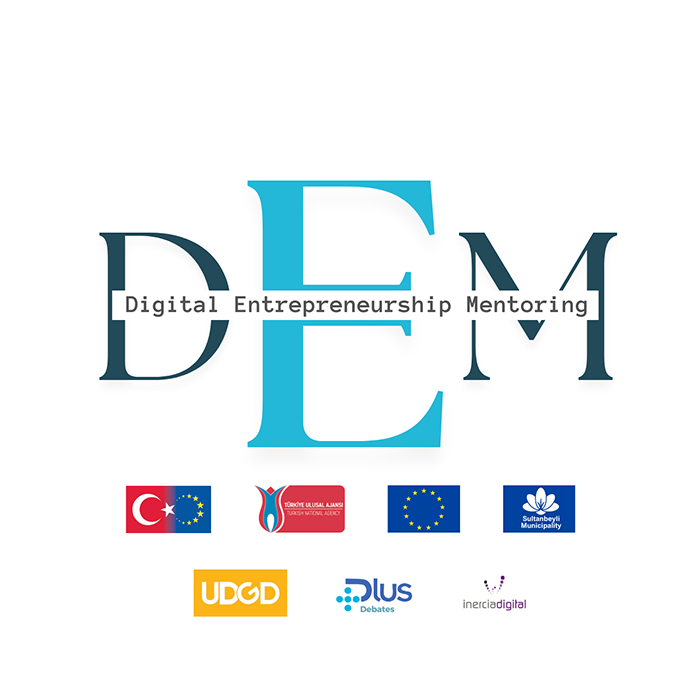May 2025 Update
Mistral AI Launches Enterprise Chatbot to Rival Microsoft’s Copilot
Düsseldorf – French AI start-up Mistral AI has unveiled Le Chat Enterprise, a new enterprise-focused chatbot designed to help companies retrieve internal information across platforms. The service closely resembles Microsoft’s Copilot but promises greater adaptability and cost-effectiveness.
Arthur Mensch, co-founder and CEO of Mistral AI, stated in an interview with Handelsblatt: “It is much better than Copilot – significantly more customisable.”
Unlike its competitors, Le Chat Enterprise integrates not only with Microsoft’s SharePoint but also with Google Drive, offering users access to a wider range of internal data. “We believe the user experience will be considerably better than with Copilot,” Mensch added. The tool is also reportedly more affordable than Microsoft’s offering.
The announcement signals a strategic shift for Europe’s most valuable AI start-up, which has quickly risen to prominence. Founded just two years ago in Paris, Mistral AI has already raised around $1 billion from top-tier venture capital firms and is currently valued at $6 billion. It remains the only European company capable of developing large language models on par with US-based leaders such as OpenAI, Google, and Anthropic.
Majority of Germans Criticise Dependence on Foreign AI Providers, Call for National Innovation Drive
Berlin, 5 May 2025 – A new survey by Germany’s digital industry association Bitkom reveals growing concern among Germans over the country’s reliance on foreign providers of artificial intelligence (AI) services. As AI adoption rises rapidly, calls for a sovereign European AI ecosystem are intensifying.
According to the survey, 68% of respondents believe Germany is too dependent on AI technologies from the United States and China, while 60% specifically want to reduce reliance on U.S.-based firms such as OpenAI and Microsoft. The study also shows that two-thirds of Germans aged 16 and above now use generative AI tools, a significant jump from just 40% in the previous summer.
Bitkom President Ralf Wintergerst stressed the urgency of action: “No other technology has spread this quickly. We must ensure that Germany and Europe do not fall into a new kind of digital dependency.” He urged the federal government to invest at least 10 billion euros over the next five years to develop a competitive AI industry, including new data centres, mandatory computer science education in schools, and AI training for the workforce.
The overwhelming majority of AI usage in Germany is currently dominated by OpenAI’s ChatGPT, Microsoft’s Copilot, and Google’s Gemini, with alternative providers like Anthropic, Perplexity, and DeepSeek remaining marginal.
Nearly half of the respondents said that the country of origin plays a crucial role in whether they choose to use a particular AI program. Bitkom has called on the government to revise regulatory frameworks such as the EU’s AI Act and the General Data Protection Regulation (GDPR) to better support innovation without sacrificing user rights.
The message from the public is clear: Germany wants greater digital independence – and faster action to achieve it.
https://www.tagesschau.de/wirtschaft/verbraucher/ki-nutzung-deutschland-100.html
Apple to Open Proprietary AI Models to Developers, Report Says
Cupertino – Apple is reportedly planning to make its in-house AI models and tools available to developers, aiming to compete with established players like OpenAI, Anthropic, and Meta. According to Bloomberg, the tech giant intends to release its proprietary language models through an official Software Development Kit (SDK) and supporting frameworks, which may be introduced as early as Apple’s WWDC conference on 9 June.
Currently, most developers rely on external providers such as ChatGPT, Claude, or LLaMA to build AI features into their apps. Apple now seeks to leverage this ecosystem dynamic by offering access to its own AI infrastructure, developed under the Apple Intelligence initiative. Although Apple’s current AI features—like text rewriting, notification summaries, and basic image generation—are considered modest, the company has reportedly increased investments to close the gap with its rivals.
Initially, Apple is expected to focus on smaller, on-device models that can run locally on the iPhone, with more complex tasks being processed via cloud infrastructure. While these lightweight models may be less powerful, they offer advantages in privacy and speed.
Developers already have access to limited AI functions such as Genmoji, Image Playground, and notification summarisation. The forthcoming SDK would allow them to build more tailored AI applications using Apple’s own technology.
Pricing details for the new developer tools remain unclear, and it is unknown whether access will be free. Apple’s move is reminiscent of its 2008 launch of the App Store, when it opened key technologies to third-party developers.
A fully AI-powered version of Siri, sometimes referred to as “LLM-Siri,” is still in development and is not expected before 2026 or 2027.
https://www.heise.de/news/Apple-will-eigene-KI-Modelle-fuer-Entwickler-freigeben-10390822.html
